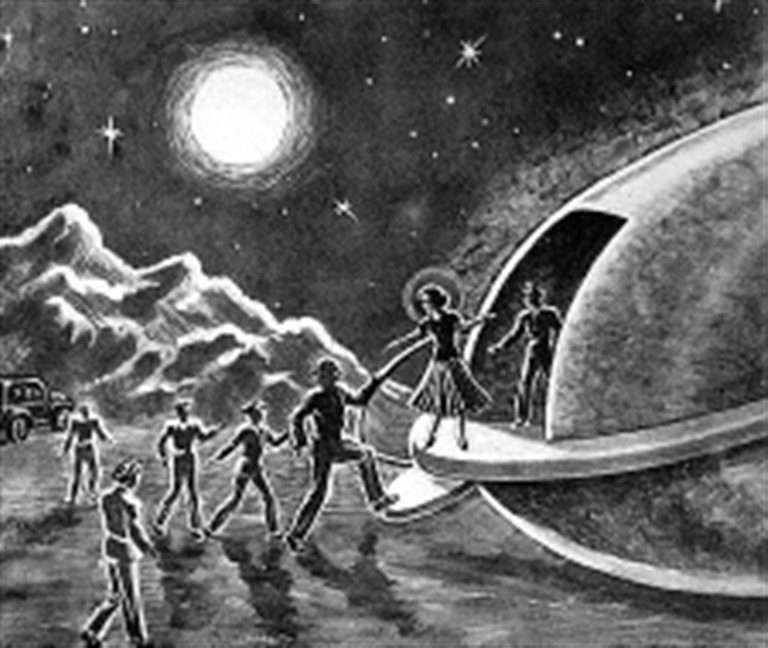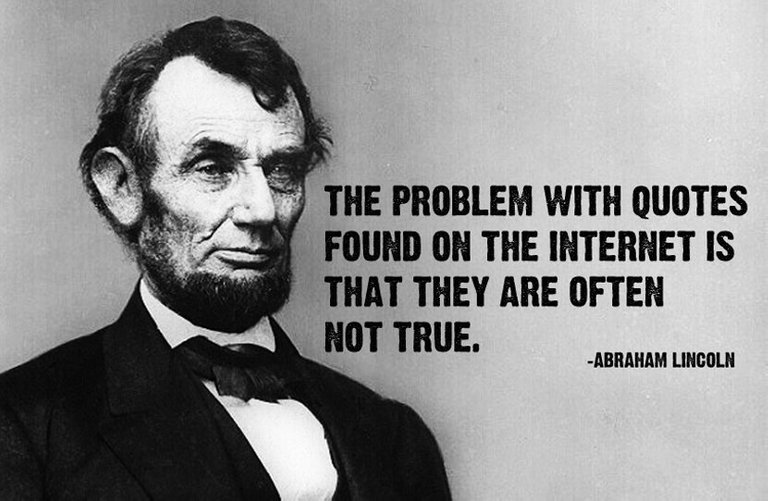
Leon Festinger, the psychologist, argues that people are seeking harmony in their behavior, beliefs, and attitudes and that they are trying to reduce the tension that arises from an inconsistency between these items. In other words, cognitive dissonance is an unpleasant psychological tension that comes into contact with attitude-behavior dissociation. It was developed by Festinger and became one of the most researched topics of social psychology in the 1960s. There have been many types of research and observations about the subject, but I will tell you one of the most striking ones: The Story of Marian Keech.
During the early 1950s, Festinger infiltrated a religious cult. They were calling themselves “The Seekers” and its leader, Marian Keech was predicting that the world would soon come to a cataclysmic end on December 21, 1954. Actually, Mrs. Keech said the prophecy is not her own she claimed that there was some sort of messages are sent to her by superior beings from a planet called “Clarion”. She also prophesied that a flying saucer would show up in the sky the day before the doomsday and save them. Many members of the group had a lot to lose if Keech’s prediction was wrong; they had sold their houses and given up their jobs and their savings in preparation for the coming of the spaceship. That was the perfect scenario for Festinger to do his observation on the cognitive dissonance theory. Unlike them, he knew that the flying saucer would never show up. How would they handle the news, though? What would they do?
The day arrived and the prophecy failed. What would you expect them to do then? I personally would recommend to Mrs. Keech a clean getaway; nevertheless, it would be extremely difficult for them to abandon their beliefs because they have made numerous public and private commitments to the prediction. Instead of this, to reduce the dissonance they would invent rationalizations to explain away the disconfirmation. In the end, Mrs. Keech responded to the failure of her prophecy by proclaiming that the catastrophe had been called off because her group “had spread so much light that God had saved the world from destruction."
At the end of the article, I want to end up with a quote that claims to belong to Mark Twain on the internet but there is no evidence that it is. Even though it fits the bill: "It's easier to fool people than to convince them that they have been fooled."

Bilişsel Uyumsuzluk Hakkında Çarpıcı Bir Olay: Marian Keech'in Hikayesi
Psikolog Leon Festinger; insanların davranışlarında, inançlarında ve tutumlarında ahenk aradıklarını ve bu öğeler arasındaki tutarsızlıktan kaynaklanan gerginliği azaltmaya çalıştıklarını savunur. Başka bir deyişle; bilişsel uyumsuzluk, tutum-davranış ayrışmasıyla temas eden hoş olmayan bir psikolojik gerilimdir. Festinger tarafından geliştirilmiş ve 1960’larda sosyal psikolojinin en çok araştırılan konusu olmuştur. Konuyla ilgili birçok araştırma ve gözlem var, ancak ben size en çarpıcı olanlardan birini anlatacağım: Marian Keech'in Hikayesi.
1950'lerin başında Festinger bir dini tarikatın içine sızdı. Kendilerini "The Seekers" olarak adlandıran bu tarikatın lideri Marian Keech, dünyanın yakında 21 Aralık 1954'te yok olacağını tahmin ediyordu. Aslında Bayan Keech; kehanetin kendisine ait olmadığını, üstün yaratıkların yaşadığı “Clarion” adlı bir gezegenden kendisine mesajlar iletildiğini iddia etti. Ayrıca bir uzay gemisinin, kıyamet gününden bir gün önce gökyüzünde belireceğini ve onları kurtaracağını söyledi. Keech'in öngörüsünün yanlış olması durumunda grubun birçok üyesinin kaybedecekleri çok şey vardı; uzay gemisinin gelmesi için evlerini sattılar, işlerini ve tasarruflarını bıraktılar. Bu, Festinger'ın bilişsel uyumsuzluk teorisi hakkındaki gözlemlerini yapması için mükemmel bir senaryoydu. Onlardan farklı olarak, uçan dairenin asla ortaya çıkmayacağını biliyordu. Peki o gün geldiğinde inananlar yapacaklardı?
Gün geldi ve kehanet başarısız oldu. O zaman ne yapmalarını beklersiniz? Şahsen ben Bayan Keech'e topuklarını yağlamasını önerirdim; ancak ona inanan insanların, inançlarını terk etmesi oldukça gergin bir psikolojik süreçti ve inanların birçoğu bunun yerine, bilişsel uyumsuzluğu azaltmak için durumu rasyonalize etmeyi seçtiler. Bu olayın sonunda, Bayan Keech “Tanrının onları affettiğini” iddia etti.
Yazımı, hikayeye cuk oturacağını düşündüğüm; internette Mark Twain'e ait olduğu iddia edilen (ancak bununla ilgili hiçbir kanıtın olmadığı) bir alıntı ile sonlandırmak istiyorum: "İnsanları kandırmak, onları kandırılmış olduklarına inandırmaktan daha kolaydır."